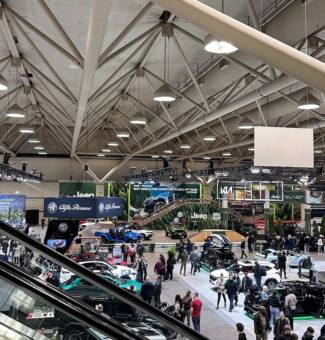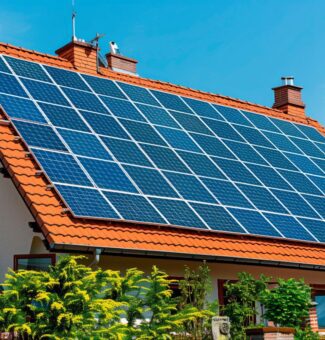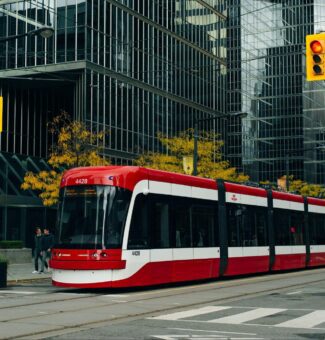Listen to this blog.
In the past few years, as public charging stations become more popular, electric vehicle (EV) owners and drivers have started looking at their own homes as central charging hubs for their vehicles. The technology now allows nearly every home to charge an EV so as to not depend on your nearest public charger. Though there are three levels of EV charging, only two of them are viable for home installation and use. In this blog, we’ll explore whether your house can handle a home charging solution to help you make an informed decision.
Three levels of EV charging.
There are three levels of EV chargers, each one more powerful than the last but also with more power requirements. Level 1 chargers work with 120V, and they are the slower option, taking 11–20 hours to fill an empty battery completely. Level 2 chargers are closer to the standard. They work with 240V and can charge an empty battery in 3–8 hours. Level 3 is the fastest, but it requires Direct Current, which is unavailable in homes. Instead, let’s focus on Levels 1 and 2, as they are the realistic solutions to your home charging needs.
A Level 2 charger typically operates on a 240-volt circuit, which is similar to the electrical supply used by heavy-duty appliances like electric stoves or dryers. Though they are technically fit for any house, we encourage you to inspect your home’s setup with the help of a professional to determine its capability. Commonly, the first step is to assess your electrical panel’s capacity—the central hub that distributes electricity throughout your home. Here are some key factors to consider:
- Panel Capacity: Check the amp rating on your electrical panel. Most residential panels in Canada are rated for 100 or 200 amps. A 200-amp panel is typically sufficient for Level 2 charging, but a 100-amp panel may require an upgrade.
- Available Circuit Space: Determine if you have available circuit breaker slots in your electrical panel. A Level 2 charger typically requires a dedicated circuit, meaning it should not share the electrical load with other appliances or outlets.
- Load Calculation: Assess the overall electrical load in your home. Consider the power consumption of existing appliances, heating, and cooling systems. Ensure that adding a Level 2 charger won’t overload the panel and compromise safety.
We recommend you consult the ESA website for more information on technical specifications and legally required permissions.

Potential upgrades.
If your electrical panel is deemed inadequate for a Level 2 charger, there are several possible upgrades to consider:
- Installing a load-sharing device: A load-sharing device can be integrated into your electrical system to intelligently distribute power among various appliances and circuits, ensuring optimal usage and preventing overload situations. This technology allows for efficient management of electricity consumption, especially during peak demand periods, by prioritizing charging requirements and balancing the load across the available power sources.
- Panel Upgrade: Upgrading your electrical panel to a higher amp rating, such as from 100 to 200 amps, can provide the additional capacity required for Level 2 charging.
- Subpanel Installation: Installing a subpanel dedicated to the Level 2 charger can help distribute the electrical load more efficiently, minimizing the need for a full panel upgrade.
- Electrical Service Upgrade: In some cases, older homes may require a complete electrical service upgrade to meet the power demands of a Level 2 charger and other modern appliances.
Remember that if you decide to take on these upgrades yourself, they must be authorized by the Electrical Service Authority.

Modern homes are suited to host a Level 2 charger. Such an investment can significantly enhance your EV ownership experience, allowing for faster and more convenient charging at home.
Join our electric community.
Be the first to hear about Ivy tips, promotions, and network updates.


